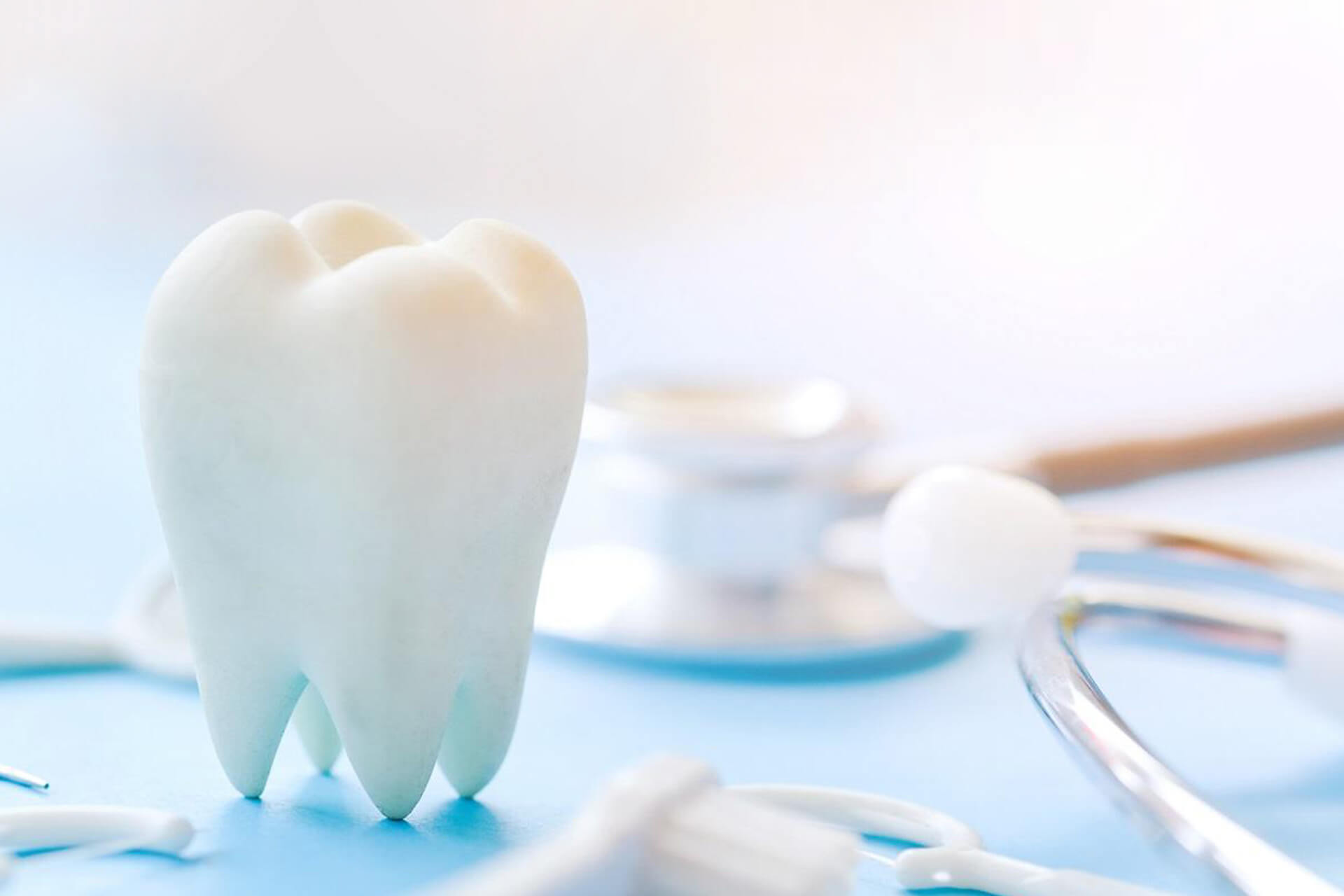
Understanding Tooth Sensitivity: Causes, Symptoms, and Solutions

Tooth sensitivity is a common dental problem that affects millions of people worldwide. It can cause discomfort, pain, and sensitivity when consuming hot or cold food and beverages, or when exposed to cold air or water. Tooth sensitivity can range from mild to severe, and it can impact a person's quality of life. In this blog, we'll discuss the causes, symptoms, and treatment options for tooth sensitivity.
Causes of Tooth Sensitivity
Tooth sensitivity can be caused by various factors, including:
- Enamel Erosion: The outer layer of our teeth is made up of enamel, which can wear away due to acid erosion or brushing too hard.
- Gum Recession: Gum recession can expose the sensitive tooth roots, making them more susceptible to sensitivity.
- Tooth Decay: Cavities can cause sensitivity, particularly if they are close to the nerve of the tooth.
- Tooth Grinding: Grinding or clenching your teeth can wear away the enamel, leading to sensitivity.
- Dental Procedures: Some dental procedures, such as teeth whitening, can cause temporary sensitivity.
Symptoms of Tooth Sensitivity
Tooth sensitivity can cause discomfort or pain in response to certain stimuli. Some of the symptoms of tooth sensitivity include:
- Pain when consuming hot, cold, sweet, or acidic foods or beverages.
- Pain or discomfort when breathing in cold air.
- Pain or discomfort when brushing or flossing.
- Pain or discomfort in response to pressure on the affected tooth.
Treatment Options for Tooth Sensitivity
There are various treatment options for tooth sensitivity, including:
- Desensitizing Toothpaste: Special toothpaste that contains compounds to help block sensitivity can be effective.
- Fluoride Gel: Fluoride gel applied by a dentist can strengthen tooth enamel and reduce sensitivity.
- Dental Bonding: This treatment involves applying resin to the affected tooth to cover the exposed root.
- Gum Grafting: If gum recession is causing the sensitivity, a gum graft can be performed to cover the exposed tooth root.
- Root Canal: In severe cases, a root canal may be necessary to remove the damaged or infected pulp and alleviate sensitivity.
Preventing Tooth Sensitivity
Prevention is key to avoiding tooth sensitivity. Some preventative measures include:
- Brushing and Flossing: Proper oral hygiene can help prevent enamel erosion and gum recession.
- Avoiding Acidic Foods and Beverages: Acidic foods and beverages can erode tooth enamel, leading to sensitivity.
- Using a Soft-Bristled Toothbrush: Brushing too hard can wear away tooth enamel and cause sensitivity.
- Wearing a Mouth guard: If you grind or clench your teeth, wearing a mouth guard can protect your teeth.
In conclusion, tooth sensitivity is a common dental problem that can cause discomfort and impact a person's quality of life. It is caused by various factors, including enamel erosion, gum recession, tooth decay, tooth grinding, and dental procedures. Treatment options include desensitizing toothpaste, fluoride gel, dental bonding, gum grafting, and root canal. Preventative measures include proper oral hygiene, avoiding acidic foods and beverages, using a soft-bristled toothbrush, and wearing a mouth guard. If you are experiencing tooth sensitivity, it is essential to see a dentist or reach out to us to determine the cause and receive appropriate treatment.



